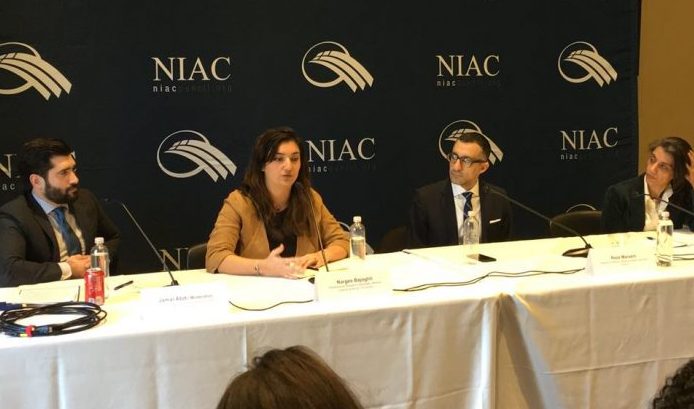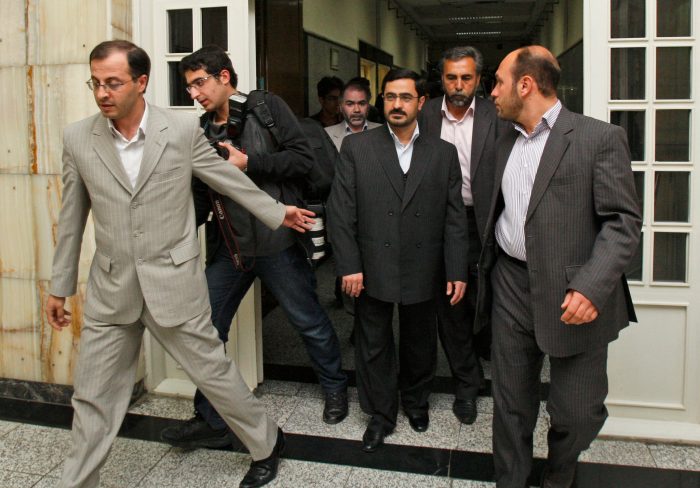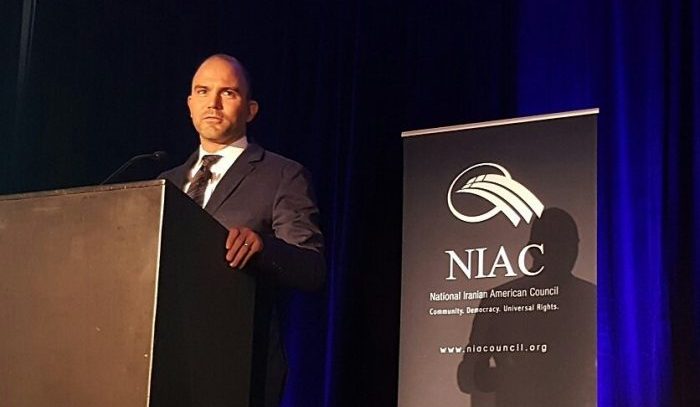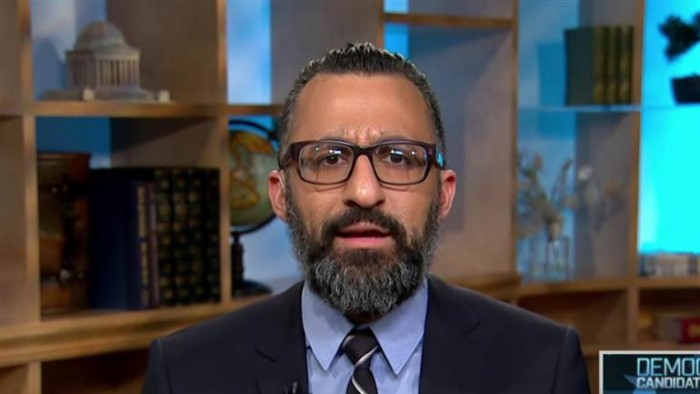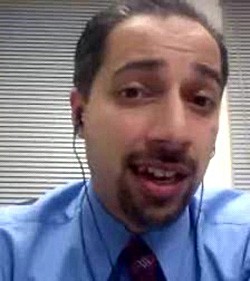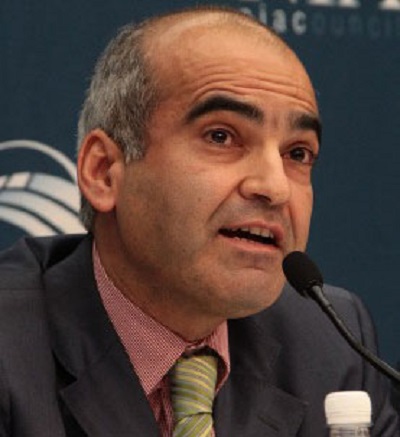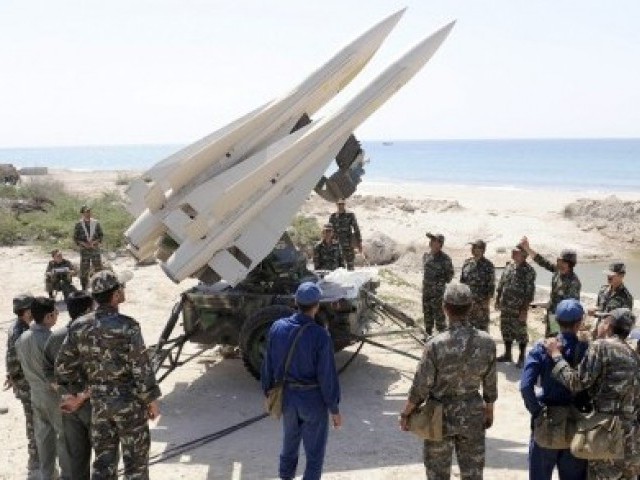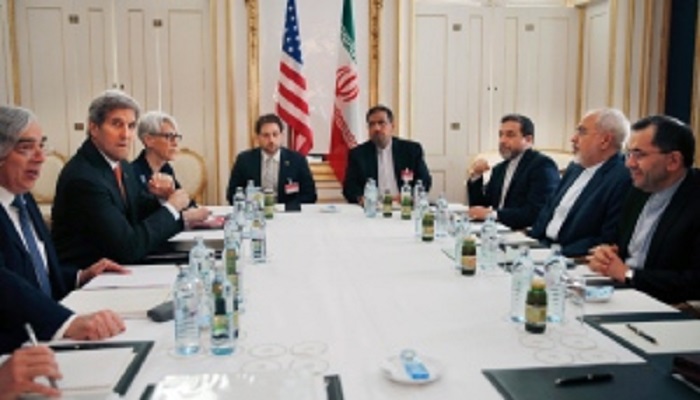The National Iranian American Council has a problem; well it has several problems. It has lost its influential position in the “echo chamber” created by the Obama administration. It has lost its currency with many mainstream news organizations as the Iranian regime it defends has clearly shown itself to be a staunch supporter of sectarian wars and terrorism.
It finds itself having to retool on the fly and recast itself as a loyal and faithful partner to the progressive wing of American politics in the hopes of finding continued relevancy in an era of conservative politics dominating the White House, Congress, and electorate.
Much of that more conservative view among Americans has been driven by unrelenting terrorist attacks inspired by Islamic extremism; much of it flowing from the Iranian regime. It was also helped by extensive coverage of Iran’s own appalling human rights record over the past two years in the face of a so-called moderate administration by Hassan Rouhani.
Now the NIAC is faced with the specter of a widespread series of grassroots protests ranging throughout Iran and based largely within the working classes and poor of Iran’s population. It is the type of revolt that fueled the revolution against the Shah before it was hijacked by the mullahs that turned Iran into a theocracy.
The protests in Iran have been largely fueled by deep distrust of the regime, backbreaking poor economic conditions, the perception of rampant government corruption and a rigged game that rewards the scions of the Revolutionary Guards and mullahs, but punishes everyone else with strict morality codes, ever-vigilant policing and ruthless religious courts.
So, the leaders of the NIAC, including Trita Parsi, are faced with having to defend an Iranian regime in the face of broad and deep protests from the Iranian people – many of whom communicate with American-based relatives that find the NIAC virtually silent and absent in advocating for their Iranian brethren.
What does the NIAC do then? It does what it has always done: try to confuse the public and media about the true nature of resistance to the Iranian regime.
In this case, it involved putting on a panel discussion in Washington, DC in the hopes of communicating that Iran was changing in response to the protests.
Among the panelists were notable advocates for the Iran nuclear deal and noted apologists for the Iranian regime.
“Public dialogue with the (Iranian) state occurs through protest and those protests force changes to come about,” said Sanam Anderlini, Executive Director and co-founder of the International Civil Society Action Network. “Each time there are protests, the regime gives some space and the public moves along, and there is an accommodation” that pushes the country in a more progressive direction.
It is one of the more inane comments said in relation to the political reality in Iran since the Iranian regime has never responded to public protest with a push towards a “more progressive direction.”
In fact, past history clearly demonstrates the regime’s willingness to use brutal force and murder to suppress protest. It happened in the wake of the 2009 mass demonstrates over a presidential election widely considered stolen in favor of re-electing Mahmoud Ahmadinejad.
This most recent rounds of protests around the country have been suppressed by police and IRGC plain clothes and resulted in scores of deaths and arrests of nearly 8,000 men and women, 12 of which are known to have been slain under torture, which the government claims have been cases of suicide.
By the regime’s own admission, fewer than a thousand of those arrested have so far been released weeks later.
Another panelist, a research associate at the Watson Institute at Brown University, pushed the other favorite theory of the Iran lobby which was that these protests were in fact not products of discontent by ordinary Iranians, but were instead fomented by “hardliners” opposed to Rouhani’s “moderate” policies.
She again also emphasized the lack of sanctions relief by the U.S. as a major reason why the regime’s economy has sputtered and spurred protests. She, of course, neglected to mention the diversion of billions in new funds resulting from the lifting of sanctions from the nuclear that was instead used on building a ballistic missile program and funding wars in Syria and Yemen rather than boosting the economy.
In another Iran lobby message, she squarely lays blame on President Donald Trump as if the president was personally cooking the books in Tehran.
Predictably, the NIAC’s Reza Marashi weighed in by comparing the Trump administration to the Obama administration as if he was mourning a long-lost lover.
The panelist from Brown University’s biggest lie was describing the political response in Iran to the protests as being markedly different than previous major demonstrations.
“Unlike the 2009 protests, in which the political establishment eventually decided they should be suppressed, in this protest almost all factions have said publicly ‘we should let the people protest and let the people air their grievances’ because no one wanted to be seen as suppressing their base,” she claimed.
It is a bald-faced distortion given the ample video and photographic evidence of regime police and IRGC plainclothes wading into crowds throughout Iran in running street battles as chants of death to Rouhani and top mullah Ali Khamenei rang out.
It is amazing that the NIAC can continue to deny the evidence that every Iranian-American knows now which is that Iran is not on a course to moderation, but steering straight towards a reckoning with its own people.
Laura Carnahan
